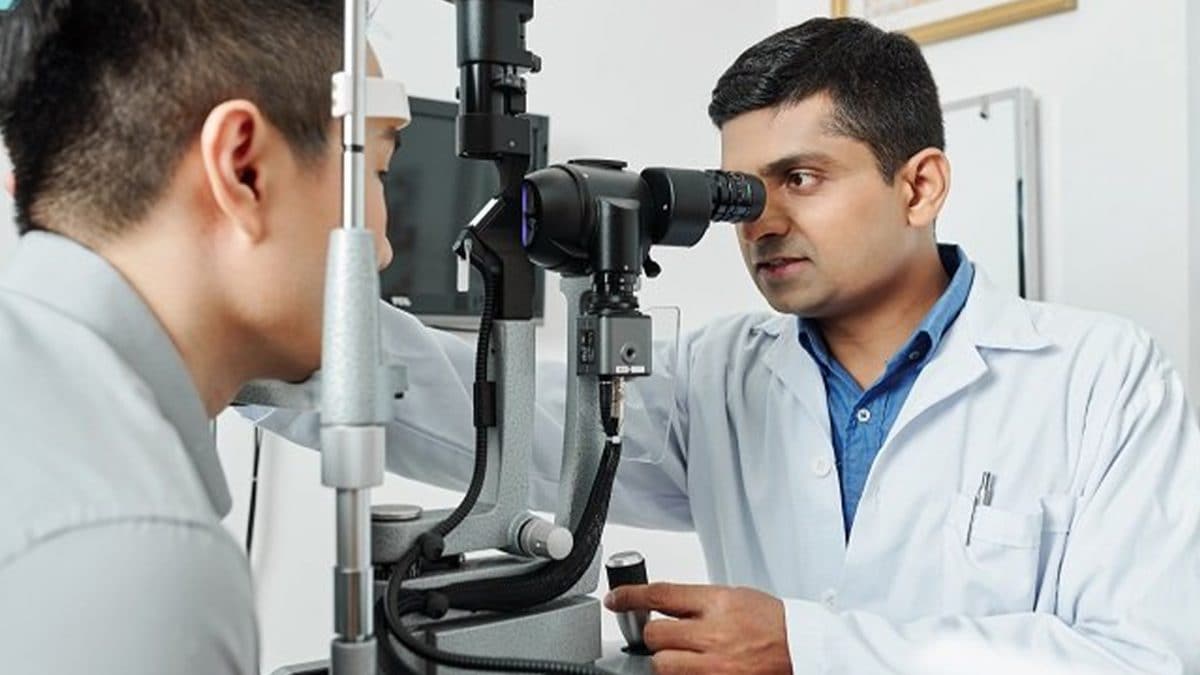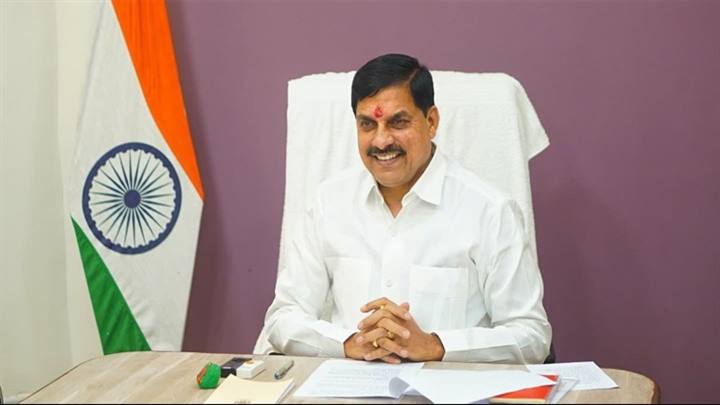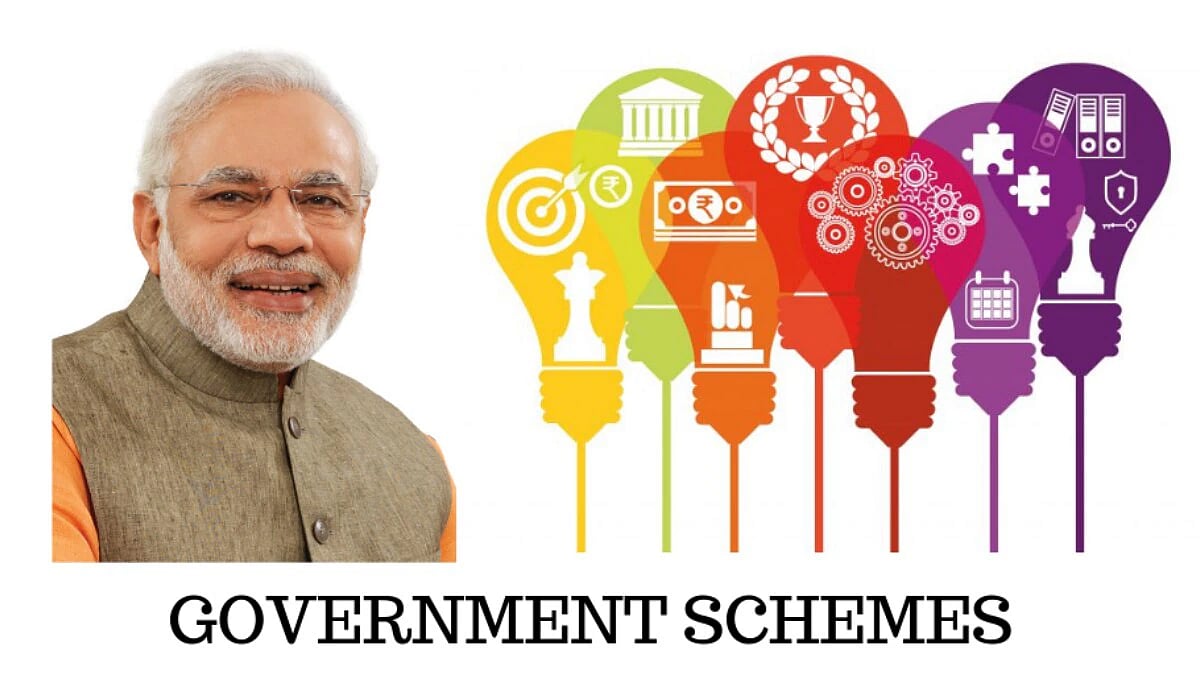Google introduces a new AI tool for important health-tech partners in India to identify diabetic retinopathy early.
Google's AI model helps detect and diagnose early signs of diabetic retinopathy, supporting doctors in delivering prompt treatment. So far, it has been deployed in clinics worldwide, and used in over 600,000 screenings, with significant early research and testing carried out in India

Over the next ten years, the collaborations—which include Forus Health and AuroLab in India and Perceptra in Thailand—plan to do about six million AI-powered examinations. The screenings, which aim to prevent preventable blindness by facilitating early detection and prompt medical care, will be provided to individuals in underprivileged communities at no cost.
Due to a lack of early care and routine examinations, diabetic retinopathy—one of the main causes of avoidable blindness—frequently remains undetected. By supporting doctors in providing timely treatment and helping healthcare practitioners diagnose the problem early, Google's AI model helps close this gap.
So far, the technology has been deployed in clinics worldwide, contributing to over 600,000 screenings, with significant early research and testing carried out in India.
The initiative builds on nearly a decade of collaboration between Google Research and hospitals such as Aravind Eye Hospital in India and Rajavithi Hospital in Thailand. These partnerships began with a mission to explore how AI could tackle preventable blindness caused by conditions like diabetic retinopathy.






















